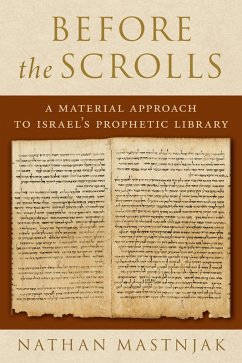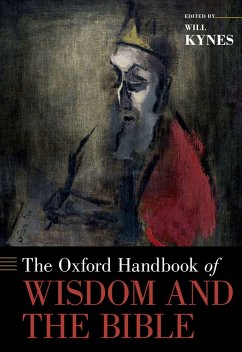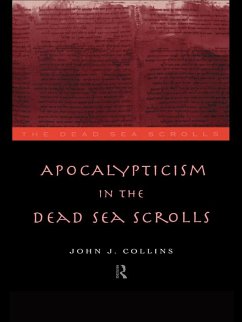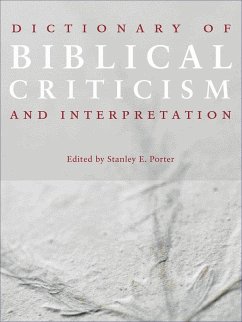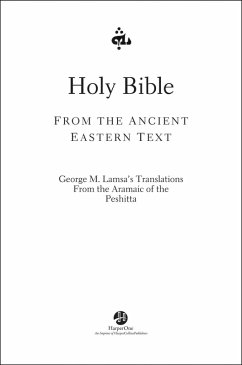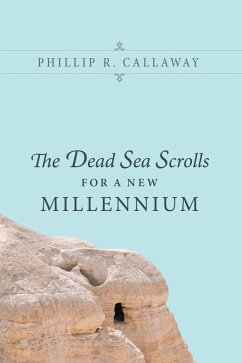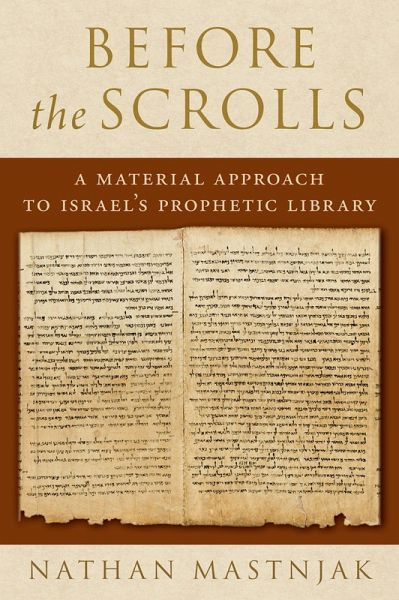
Before the Scrolls (eBook, ePUB)
A Material Approach to Israel's Prophetic Library
Versandkostenfrei!
Sofort per Download lieferbar
37,95 €
inkl. MwSt.
Weitere Ausgaben:

PAYBACK Punkte
19 °P sammeln!
Before the Scrolls traces the media history of the biblical prophetic corpus to propose a material approach to biblical literature. Although scholars understand that the material of composition was the scroll rather than the codex, they persist in imagining the form as a single textual object. This assumption pervades centuries of scholarship and drives many of the questions asked about biblical composition. Nathan Mastnjak raises the question of the original physical format of biblical texts and argues that many of the literary works that would eventually become the Bible's prophetic books we...
Before the Scrolls traces the media history of the biblical prophetic corpus to propose a material approach to biblical literature. Although scholars understand that the material of composition was the scroll rather than the codex, they persist in imagining the form as a single textual object. This assumption pervades centuries of scholarship and drives many of the questions asked about biblical composition. Nathan Mastnjak raises the question of the original physical format of biblical texts and argues that many of the literary works that would eventually become the Bible's prophetic books were not written initially as books. Isaiah, Jeremiah, and Ezekiel were originally composed on loosely organized collections of multiple short papyrus scrolls and sheets. Though rarely considered in scholarship, the realia of a text's form, format, production, and material substance have a profound influence on the meaning of the text. Unlike works committed to single book-scrolls, these collections did not have predetermined orders of reading and were susceptible to multiple arrangements. Only in the Hellenistic era were these compositions edited, organized, and copied into single volume book-scrolls such as those known from the Dead Sea. By investigating the relationship between form and meaning and the transition from the collection to the book, Mastnjak suggests novel solutions to classic problems in biblical scholarship, such as the relationships between the MT and LXX of Jeremiah and that between First and Second Isaiah. The failure to account for the materiality of the prophetic corpus has led scholarship to occasionally ask the wrong questions of these compositions and has blinded it to the vital role that Hellenistic bookmakers played in the creation of the Bible as we know it. Reconceiving much Judean literature on a collection-model rather than book-model has significant implications for our understanding of how the Bible itself was composed and read.
Dieser Download kann aus rechtlichen Gründen nur mit Rechnungsadresse in A, B, BG, CY, CZ, D, DK, EW, E, FIN, F, GR, HR, H, IRL, I, LT, L, LR, M, NL, PL, P, R, S, SLO, SK ausgeliefert werden.




